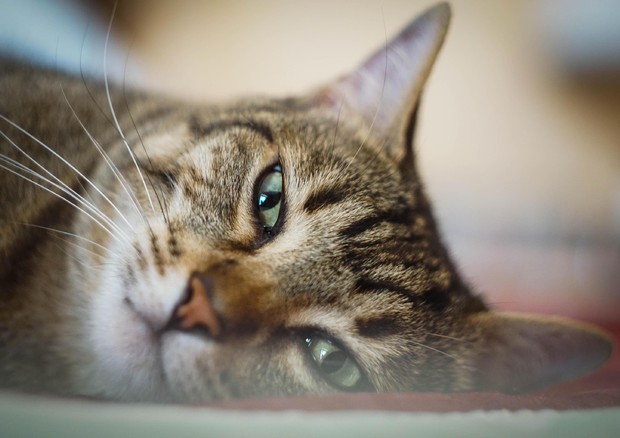Planning to experience the total solar eclipse next April 8? You might want to keep your pets indoors to prevent them from stressing out.
A total solar eclipse, or one in which the moon totally blocks out the sun, will occur on April 8 and will be visible for varying amounts of time starting in northern Mexico and moving up through the Midwest and New England. The region where it will be visible, known as the path of totality, encompasses 13 states plus a few isolated regions in Tennessee and Michigan.
According to veterinary hospitals, pet owners’ top worries are currently related to the sun and how their animals could get injured by looking directly at the phenomenon. However, as cats and dogs normally shy away from bright lights, this is not likely to be a problem – whereas pets may in fact react negatively to the vast numbers of people.
“I am more worried about animals being outside and possibly getting anxious. More anxious being in a strange situation than not”, Chris Barry, a veterinarian at Kindred Spirits Veterinary in Orrington, Maine, stated on Wednesday to the local news station WABI.
The American Society for the Prevention of Cruelty to Animals states that it is advisable to keep dogs indoors with blinds or curtains closed even if they are unlikely to gaze at the sun on their own since they “pay close attention to how we’re reacting to a situation and can mirror our behavior.”
Animals often rely on the sun’s cycle to maintain their daily routines. Therefore, an eclipse has the potential to cause confusion and worry in them. Most animals react to a solar eclipse by starting their nightly rituals as totality draws near, according to a statement from Austin Garner, a biology professor at Syracuse University who specializes in studying animal behavior, as reported by Newsweek.
“Common animal vocalists in evening choruses, such as frogs and crickets, may begin singing, while animals that vocalize during the daytime, such as most cicadas, may stop.”
Adam Hartstone-Rose, a biology professor at North Carolina State University, studied the behavior of animals in zoos during the 2017 total eclipse, discovering that giraffes started galloping, something they normally only do when they are being pursued, and Galapagos tortoises began mating.
Finally, pet owners shouldn’t try to offer eclipse glasses to their four-legged companions either. “I think that is more just going to cause anxiety having something on their face,” Barry said.












